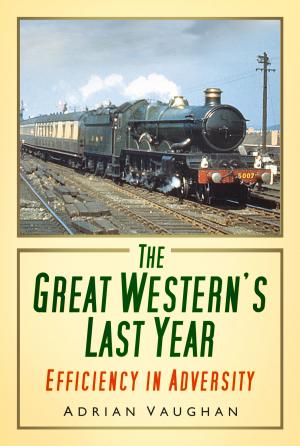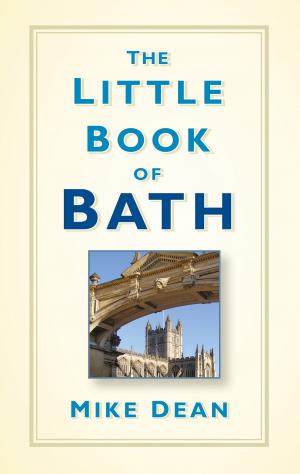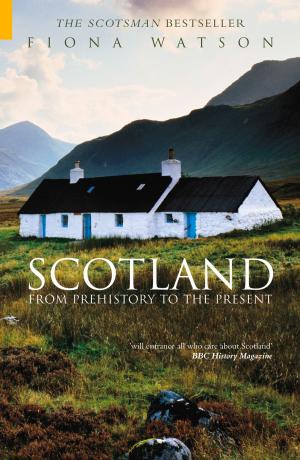Lost Fens
England's Greatest Ecological Disaster
Nonfiction, Science & Nature, Nature, Environment, Ecology, History, British| Author: | Ian D. Rotherham | ISBN: | 9780752492681 |
| Publisher: | The History Press | Publication: | April 1, 2013 |
| Imprint: | The History Press | Language: | English |
| Author: | Ian D. Rotherham |
| ISBN: | 9780752492681 |
| Publisher: | The History Press |
| Publication: | April 1, 2013 |
| Imprint: | The History Press |
| Language: | English |
The Lost Fens is the history of the cultural landscape of the Lincolnshire, Cambridgeshire, and Yorkshire Fenlands from the Humber and the Vale of York, to Norfolk. The book draws together the story of changing landscapes, lost cultures and ways of life, and the wildlife that has gone, too. This story of destruction is the most dramatic example of ecological destruction in our history. Between 6,000 and 10,000 square kilometres of wetland present in the 1600s, was almost entirely obliterated by 1900. Gone are the vast flocks of wetland birds that filled the evening skies in winter, the frozen wetlands and the fen skaters of the winter, and the abundant Black Terns or breeding wading birds of the summer months. This is the history of a landscape, of a region, and of its people, long since passed away. It is a remarkable tale and, above all, a history of a lost ecology.
The Lost Fens is the history of the cultural landscape of the Lincolnshire, Cambridgeshire, and Yorkshire Fenlands from the Humber and the Vale of York, to Norfolk. The book draws together the story of changing landscapes, lost cultures and ways of life, and the wildlife that has gone, too. This story of destruction is the most dramatic example of ecological destruction in our history. Between 6,000 and 10,000 square kilometres of wetland present in the 1600s, was almost entirely obliterated by 1900. Gone are the vast flocks of wetland birds that filled the evening skies in winter, the frozen wetlands and the fen skaters of the winter, and the abundant Black Terns or breeding wading birds of the summer months. This is the history of a landscape, of a region, and of its people, long since passed away. It is a remarkable tale and, above all, a history of a lost ecology.















